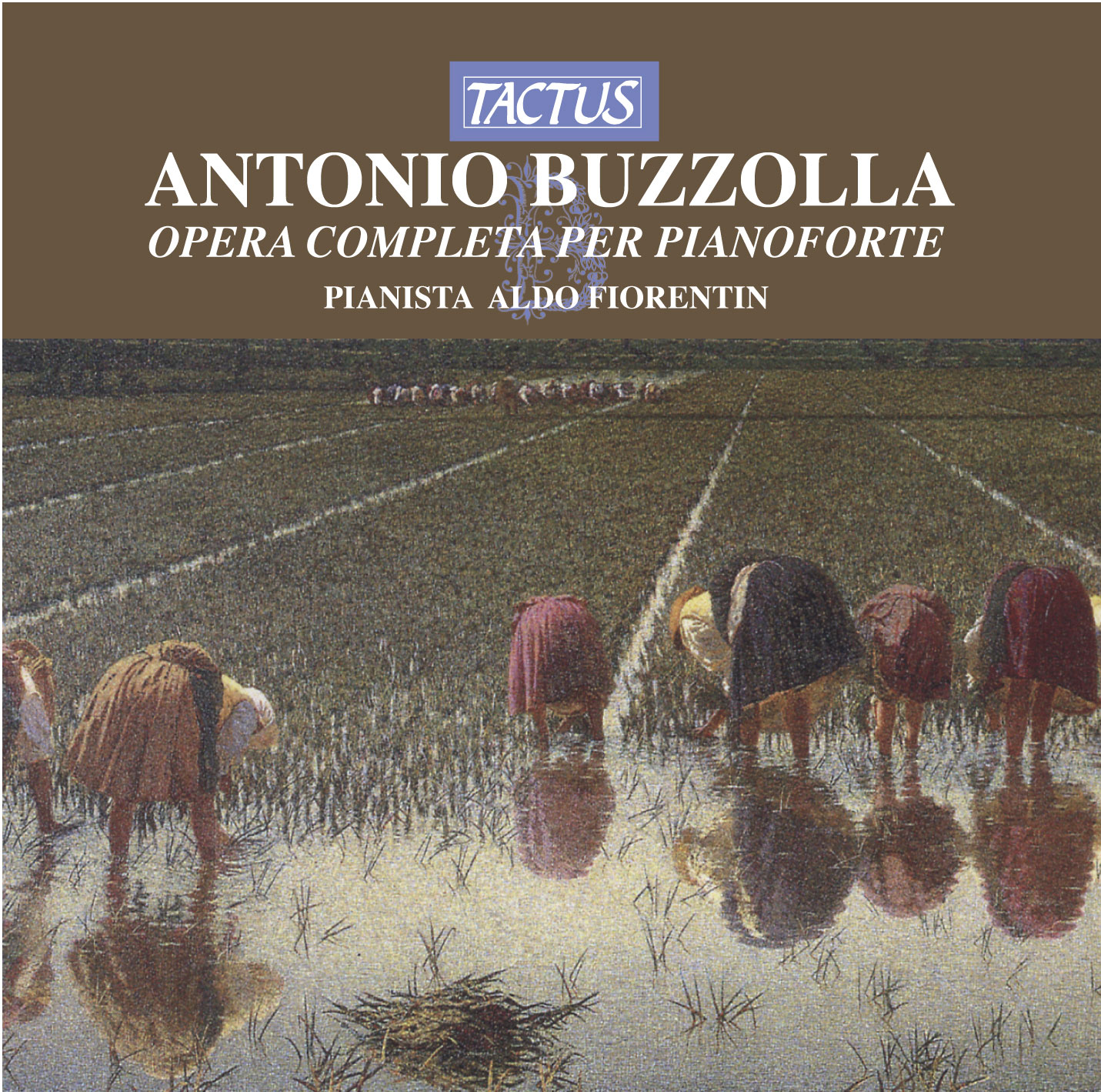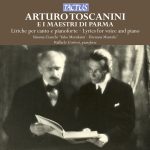BUZZOLLA ANTONIO
AN ITALIAN MUSICIAN, BETWEEN CLASSICISM AND ROMANTICISM. At a first glance, the artistic career of Antonio Buzzolla greatly resembles that of many other musicians—some more famous than he and some less—in nineteenth-century Italy.
His training, immersed in the spirit of the hardworking Veneto region, took place in Adria (where he was born in 1815) under the tutelage of his father Angelo, maestro di cappella at the cathedral and the director of the local Philharmonic Society.
This domestic and hands-on approach to music may also be connected to that of a far more famous person, especially in light of a singular coincidence: for the inauguration of the theater in Adria in 1813, Angelo Buzzolla played violin in the same orchestra as a certain player of the corno da caccia named Giuseppe Rossini, father of Gioacchino.
Young Antonio—barely seventeen years old, but already skilled on various instruments (violin, organ, piano, flute and piccolo)—moved to Venice in 1832 and was hired to play in the orchestra of the Teatro La Fenice.
An article by the critic Luigi Plet, published some years later in L’Annunziatore, evokes the figure of this young man “of gentlemanly education, and of sweet and insinuating manners” who “made himself well loved in all musical gatherings thanks to his great prowess as an accompanist on the fortepiano”.
Such comments bring to mind the ambience of Venetian parlors and musical academies which provided the setting for Buzzolla’s chamber music.
The following years were marked by significant events: the journey to Naples in order to acquire a “doctrinal instruction in the art of composition” (Plet); the encounter with the great masters, Bellini and Donizetti; and the promising operatic debut with the Venetian production of Ferramondo (1836).
Buzzolla, the “Italian singing master”, now arrived on the international scene, traveling to Russia, Poland and Germany, and in 1844 the crowning achievement of his European adventures was the appointment to the prestigious post of director at the Italian Opera in Berlin Like with his vocal chamber works, the few pieces which Buzzolla dedicated to the piano are united by the elegant dimensions and sensibilities typical of salon entertainments.
These works are in manuscripts (published and recorded for the first time by Aldo Fiorentin), and they unquestionably contribute to revealing the artistic personality of the composer.
Tracklist
Buzzolla, Antonio
Piano Sonata in E-Flat Major, Op. 1
1 - I. Allegro moderato (8:49)
2 - II. Andantino (4:32)
3 - III. Scherzo: Presto (1:47)
4 - IV. Finale: Allegretto (3:54)
Piano Sonata No. 2 in G Minor
5 - I. Allegro vivace (12:56)
6 - II. Adagio non tanto (3:51)
7 - III. Tema e 7 Variazioni (9:20)
Marziale in C Major
8 - Marziale in C Major (3:51)
Notturno in F Minor
9 - Notturno in F Minor (3:25)
2 Waltzes
10 - 2 Waltzes (3:59)
- Composer: BUZZOLLA ANTONIO
- Performers: Aldo Fiorentin
- Historical Period: Romanticism
- Code: TC 810201
- Edition: April 2007
- Barcode: 8007194104080
- Set: 1
- Total tracks: 10
- Total duration: 00:56:43






